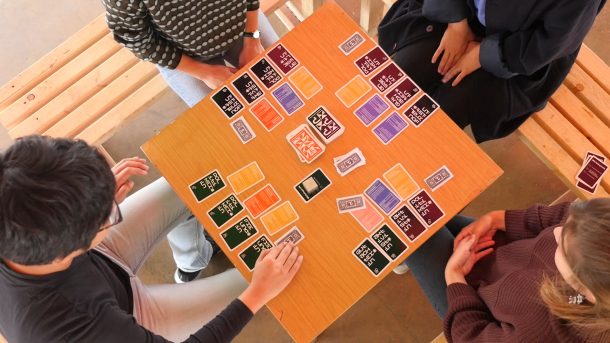Open formats
Pedagogical methodologies and venues for the apprenticeship of ethnography
Other typologies archives:
Xpositions in this typology
Anthropology and ethnographic experimentation #EASA2024 PhD Summer School
Ethnographic experimentation is an anthropological response to the epistemic challenges of our contemporary world. Beyond traditional norms and forms of ethnography, there are all kinds of projects that experiment with forms of representation, fieldwork, and analysis. The ‘experiment’ emerges in all these ethnographies as a distinctive epistemic practice, different from observational activities that are the foundation for its empirical engagements. Experimentation is an opportunity to reconceptualise and transform the empirical practices of anthropology. This summer school brings together a programme exploring the analysis, characterisation, and design of ethnographic experiments, along with opportunities to try them in practice.
Staging complexity
In contrast with more conventional approaches to the uses of theatre for the public engagement with science and technology (e.g. pedagogical approaches to science communication), contemporary forms of participatory, community, interactive or digital theatre have also served as relevant arenas for projects searching to activate publics through agonistic and complex encounters with contemporary technoscientific issues. This was the case of Enacting Innovation, a performance that crystallises a dialogue between social scientists and theatre professionals working in the vicinity of STS in which that seek to 'stage complexity' and the paradoxes of otherwise repetitive innovation scripts.
The Lab is not Blah: Academic encounters, venues to re-train ourselves
Open formats are methodologies for thinking and doing together. Despite the relevance of the methodologies used to share knowledge, we usually resort to the most conventional formats: paper presentations, round tables, etc. This offers a collection of experiments with meeting formats as pedagogical spaces for the apprenticeship of ethnographic experimentation and encourages the need to document these ‘experiments’ so that they may travel, be learnt and reproduced elsewhere.
Inqueries associated to this typology

Playing with method
How could games redevelop our repertoires of ethnographic representation and intervention? What vocabularies and considerations might allow us to unfold their full potential as relevant ethnographic or peri-ethnographic genres?
